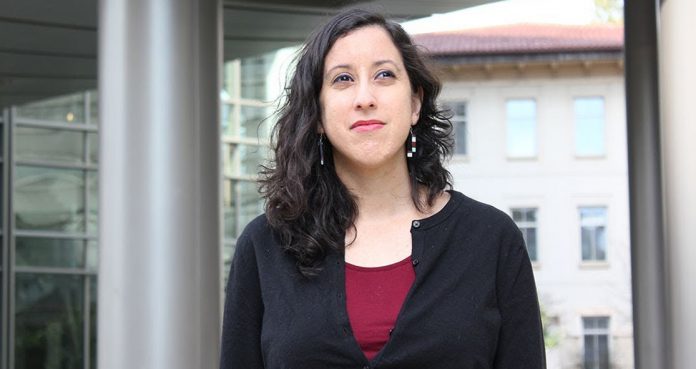Nina Martinez has become the world’s first living HIV-positive organ donor. Last month, surgeons at Johns Hopkins Hospital successfully transplanted one of her kidneys to a recipient who also has HIV, and has been doing well.
Eleven days into her recovery, 35-year-old Martinez said in an interview with NPR’s Michel Martin, “I feel wonderful. They’re doing wonderfully and they got an organ they desperately needed to get and that’s all I could ask for.”
HIV advocates are celebrating the rare achievement as an impart step towards lifting the stigma of the disease, which affects more 1 million Americans.
In 2017, nearly 18 patients died each day while waiting to get an organ transplant. Most of those deaths had very little access to organ donors.
“Martinez contracted HIV through a blood transfusion when she was an infant in the early 1980s.”
“I do think that my lack of discomfort in talking about HIV does make people more comfortable with the idea, and I do attribute that to being diagnosed at such a young age. I didn’t know HIV was supposed to be something that I was ashamed of,” said Martinez.
The 35-year-old said she first looked into becoming a donor last year when Johns Hopkins Hospital announced plans to perform organ transplants for HIV patients from donors who are also HIV positive. Previously, surgeons had transplanted organs to HIV-positive recipients from deceased HIV donors.
Martinez said, “Like most living kidney donors, I did start this process for a friend that I knew who needed a kidney.” Unfortunately, her friend dies in November when Martinez was undergoing a rigorous evaluation process.
She said, “I knew that this was a lot of medical spending not to try and do something with.”
However, Johns Hopkins found another recipient.
“It was important to me to be able to put a name and a face to that story to show that the need for HIV-positive organs is real and actually benefits everybody,” she mentioned. “My taking somebody off the deceased donor waitlist who is HIV positive means that everyone moves up the waitlist whether they’re HIV positive or not.”
According to the United Network for Organ Sharing (UNOS), more than 113,000 people in the United States, including those living with HIV, are waiting to get an organ transplant.
Last month’s organ transplant by John Hopkins marked the apogee of a year’s long drive to expand access to organ donors for HIV patients.
In 2016, Johns Hopkins received approval from UNOS to carry out the first organ transplant from an HIV positive donor to an HIV positive recipient, capping a two-year push by Dr. Dorry Segev, Martinez’s surgeon, to legalize such procedures.
In 2013, Dr. Segev helped draft the HIV Organ Policy Equity Act signed by President Obama.
Martinez had to undergo a few months of rigorous testing to ensure successful organ transplant for her and her recipient.
Martinez said, “They determined that my future risk of kidney disease was really, really, small.”
She hopes her openness and visibility about HIV encourages others to realize they can also be a part of advanced new treatments, which allow HIV-positive people to lead a healthy life. She said, “I hope that people who are not living with HIV who wouldn’t normally consider themselves to be potential living kidney donors would actually consider it in earnest, as well as people living with HIV who are on great treatment.”





















